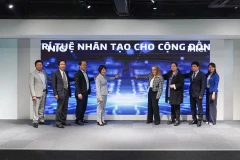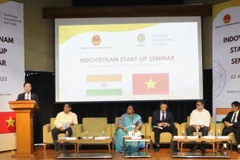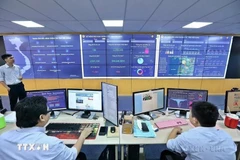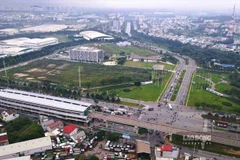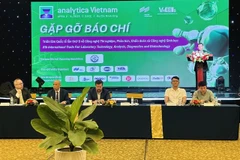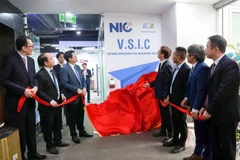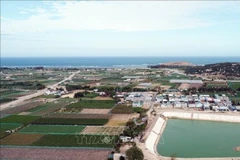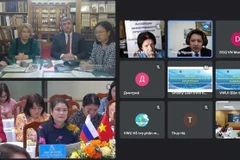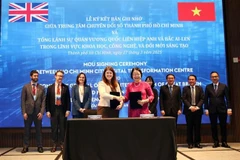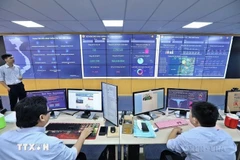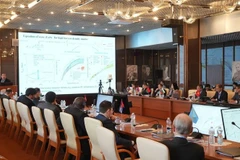The Ministry of Science andTechnology will co-ordinate with the Ministry of Justice and otherrelevant agencies to draft further submissions to the Prime Ministerbefore June 25.
If successful, the project, designedby the Ministry of Information and Communications, will transformVietnam into a ‘strong IT nation' by 2015, lift the country'sinformation technology rank on the list of the InternationalTelecommunication Union to 70th or higher, and increase total revenue ofthe IT sector as a percentage of GDP from between 17 to 20 percent.
Longer term, the strategy aims to lift Vietnam to aranking of 60th or higher in the Union's list and increase theinformation communication sector's contribution to GDP to between 20 and23 percent.
In response to the strategy, theministry has outlined six phases of implementation:
To continue developing and improving telecommunications infrastructure;to extend access to telephones, audio-visual equipment and computersystems nationwide; to develop IT applications in State-run agencies; todevelop IT solutions that serve the daily needs of the people: todevelop an IT-skills base in the labour market: and to supportinternational IT cooperation.
Highlighting theimportance of IT in the public sector, Dung emphasised in April: "Inthis era, the development of IT application for the operation ofState-run agencies is a matter of urgency for our country."
IT applications will enable the smooth and uniform operation ofState agencies. This is essential to maintain a harmonious relationshipbetween the people, the business community and state agencies. It isalso a necessary component of reforming the Government and Stateagencies to ensure democracy and transparency, improve effectiveness,and increase efficiency of public administration./.
